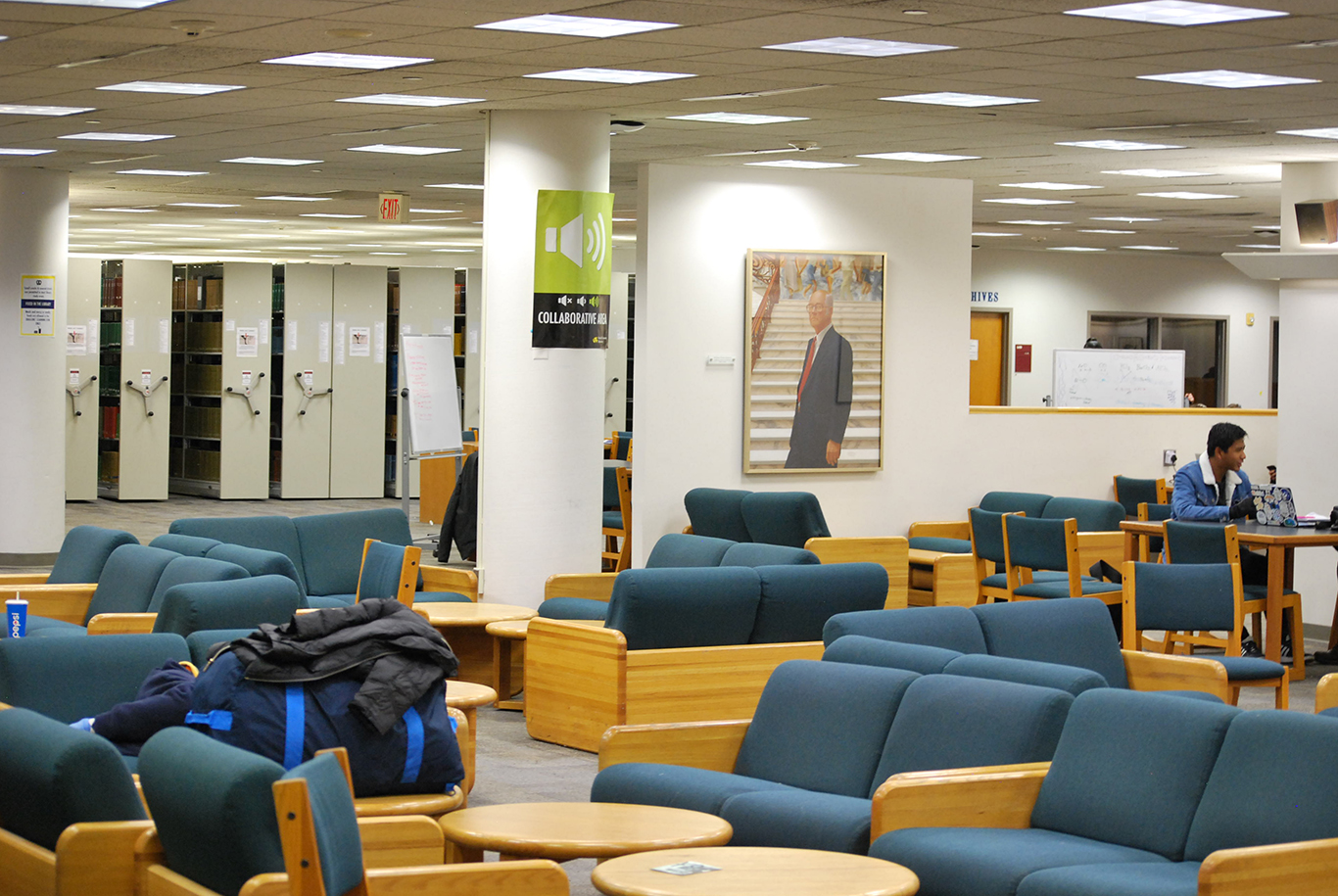
It’s the end of week eight, finals are nearing each day and your last major assignment for class is either already in the works or is about to be underway.
While these last assignments can take a wide variety of forms, such as tests, research or analysis papers, reflection essays or critical summaries, one thing that can seep its way into pretty much any class is the group project. Surprisingly, I find group projects to be very fun. They are an opportunity for collaboration between students, which is a good experience to have because regardless of what field you’re going into, you will have to be able to work effectively with others.
Of course, I don’t think it’s any secret that despite their pros, group projects can be an absolute nightmare sometimes. In my experience, they have tended to go quite smoothly because I’ve always been grouped with other students that actually do their share of the work. However, there have been times when I have been paired with an individual that does either the bare minimum or absolutely nothing.
This is the biggest issue that I have with group projects. If you get a person in your group that doesn’t put in any real effort, there isn’t anything that you can do to improve the situation, aside from doing their share of the load. Now, this isn’t too much of a problem sometimes, because for certain group projects, everyone receives an individual grade, so how much work the other members of your group do will essentially has no impact on your own grade. But these kinds of group projects are very rare in my experience, as it’s difficult to grade everyone individually.
In all honesty, I think that getting put into a group with someone that doesn’t want to do the work required is actually a good thing to some degree. Obviously it isn’t good in the sense that it makes the project any easier, but it is a good learning experience because it throws you into a realistic situation. After graduation, you aren’t going to be writing papers for professors and taking exams, but you will have to work with other people on the regular. That’s just the reality of most jobs today.
Another benefit that I see in group projects is learning how to communicate and divide up work equally among each other. Some people are just not good at communicating effectively, be it trying to explain something or just responding to a text and letting the rest of the group know that they won’t be able to make it to the meeting. This is also something that can be applied in essentially all areas of work. Bad communication alone is enough to get you fired from most jobs. If you’re assigned to a team to work on some project for your company, you can’t not show up to a group meeting to discuss how you’re going to approach the project.
What really makes the group projects valuable is having other people depending on you to do your part. For some majors there is less collaborative work involved in favor more solo work. Take an English major for example. The study of literature is a subjective experience, and no two people will have the exact same interpretations across the board, a lot of the work that we do revolves around analyzing and interpreting other work, with some use of outside sources. There are a few group papers and presentations thrown in, but they are far and few in between.
So on one hand, I do like group projects because they put us in realistic situations that we will encounter in our day jobs, but at the same time, it’s not exactly desirable to have your grade rely on other people doing their share of the workload. I’m the kind of person who tends to work better when I’m not working in a group, depending on the course, but at the same time I do wish that they were included a little bit more in classes.


